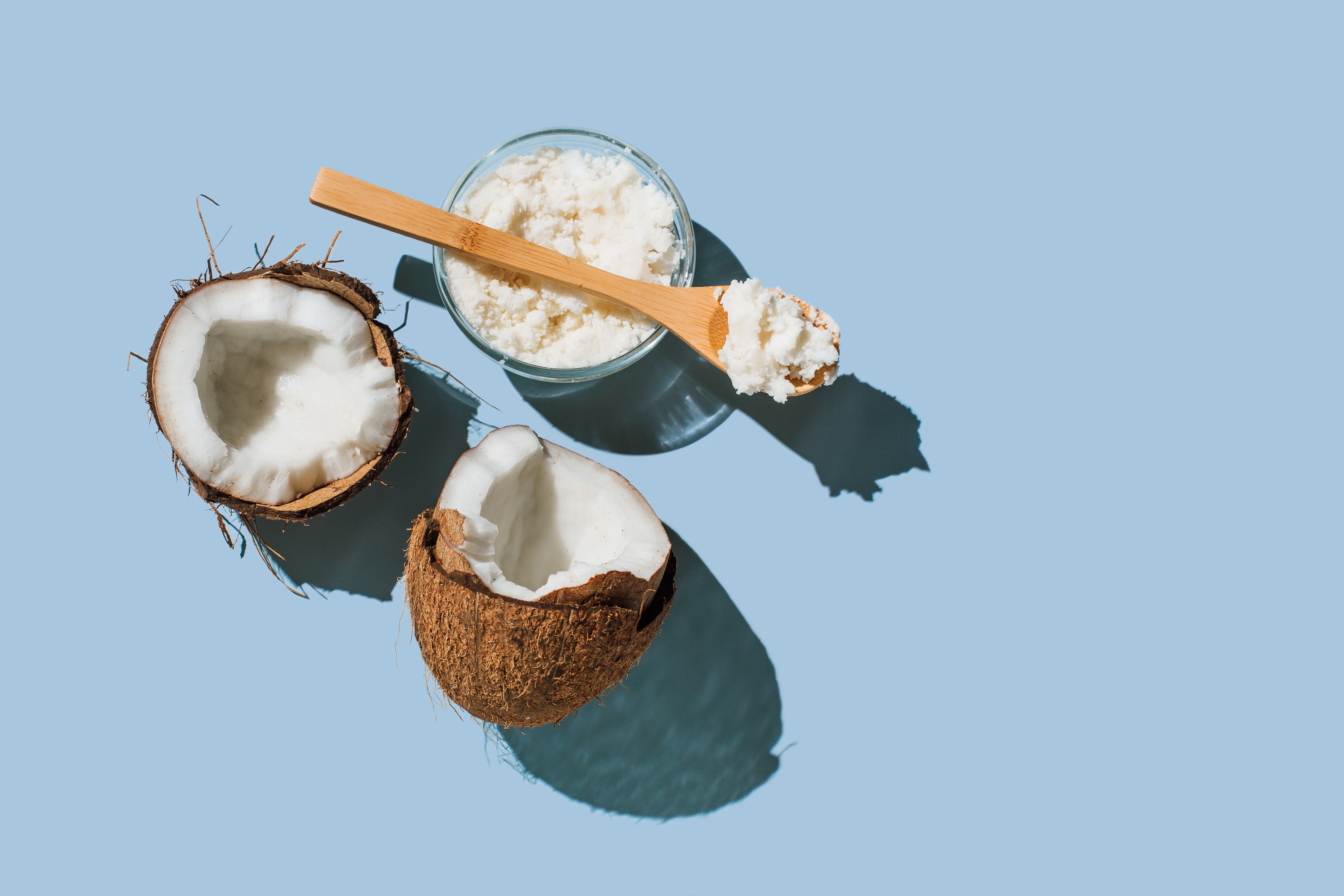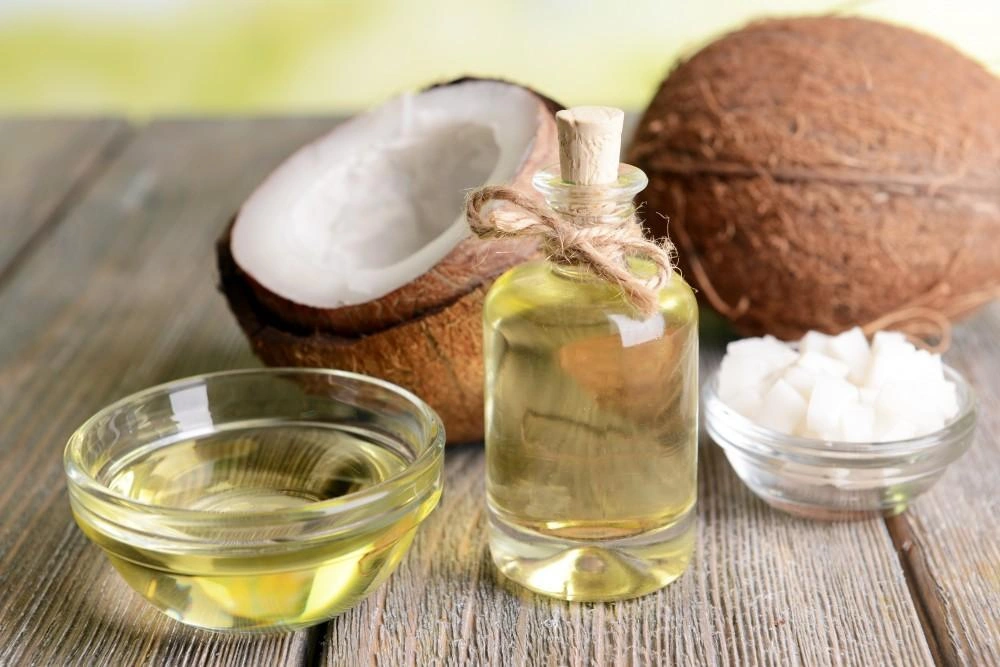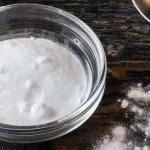
Curiosity (and Dryness) Strikes
You know that feeling when just walking or sitting in jeans feels… scratchy? Or maybe things start heating up with your partner and suddenly—ouch. Everything’s dry and uncomfortable. These aren’t exactly secrets we swap over brunch (or maybe they are, with the right mimosas). But if you’ve ever wondered, “Is it okay to put coconut oil on your private area?”—oh, you are so not alone.
I remember a chat in my book club where, after two glasses of wine, half the group confessed they’d rummaged through their pantry for a jar of coconut oil after reading about it online. Is that stuff really a miracle? Could it really soothe down-there dryness without making things worse? Let’s talk it out—just like we would over coffee on a chilly morning. Short answer: In many cases, yes, coconut oil can be a gentle fix for external dryness… but there are a few “wait, hold on” moments too. So let’s unpack what works, and what could seriously backfire.
Why Everyone’s Obsessed with Coconut Oil
Honestly, coconut oil is like the duct tape of wellness. Got a kitchen burn? Use coconut oil. Need a hair mask? Coconut oil. Dog got dry paws? You guessed it—coconut oil. So, it’s only natural the internet’s buzzing about putting it “down there.” Why? It all starts with its awesome moisturizing superpowers.
But… What Makes It So Special, Anyway?
Coconut oil is packed with fatty acids and has this thick (yet gentle) feel that can coat your skin and trap in moisture. On dry arms or flaky lips? Instant relief. As far as our private parts go: well, your vulva and outer “bits” can get just as parched as your elbows—sometimes more, thanks to stuff like hormones, medications, even stress. So a lot of folks think: Why not use something natural instead of a chemical-filled tube from the store?
Meet “Sarah”: Real Talk from Friends
I’ll never forget my friend Sarah’s email—subject line: Am I a coconut oil convert? She started using a smidge on her vulva after menopause turned her skin dryer than the Sahara. She swears it helped almost instantly: less itching, no painful rubbing, no weird fragrances or burning sensations. It felt, in her words, “like a little sigh of relief.” You’ll read tons of similar stories online—personal anecdotes where folks ditch commercial lubes and reach for the jar from their kitchen, hoping for comfort benefits of coconut oil on private parts.
Okay, But—Does It Actually Work? The Science Stuff.
Let’s get honest: there’s not a ton of giant studies on coconut oil as a lube. But according to research on its general use as a moisturizer, it’s been shown to help skin lock in water, strengthen barriers, and soothe irritation (according to Healthline and other medical sources). That lines up with what people say about it feeling calming, especially on the vulva or the outer area (not inside the vagina… more on that soon).
In fact, one small study found 83% of participants with vaginal dryness found relief using coconut oil for six months. That’s pretty significant for something you can find right next to your pancake syrup.
How It Compares: Coconut Oil vs. Typical Lube
| Feature | Coconut Oil | Water-Based Lube |
|---|---|---|
| Texture | Thick, long-lasting, not tacky | Wet, thinner, needs reapplication |
| Fragrance/Additives | Usually fragrance-free, chemical-free when unrefined | Some have fragrance or glycol; potential irritants for sensitive skin |
| Condom Compatibility | Not safe with latex (will break condoms!) | Safe with all types of condoms |
| Mess Factor | Definitely stains sheets/clothes | Usually washes out easily |
The Not-So-Fun Side: What Can Go Wrong?
Okay, so coconut oil sounds kind of dreamy for dryness and discomfort. But here’s where I have to be that friend who says, “Wait—read this before you run to the pantry.” Is it okay to put coconut oil on your private area, always? Not for everyone, not all the time.
First Biggie: Infection Risk
Your vagina has a delicate acidic pH—it’s what keeps bad bacteria and yeast mostly in check. Problem is, coconut oil is alkaline, so using lots of it (or using it inside, not just outside) can mess with that balance and possibly can coconut oil cause yeast infection—especially if you’re already prone to them (doctors explain why). Not kidding: one woman told me her “miracle cure” lasted a week, then she got the worst yeast infection of her life. Been there? Do a patch test. And listen to your body.
Allergies (Yep, Even to “Natural” Stuff!)
This one’s rare, but worth repeating: even natural products can spark an allergic reaction. If you haven’t used coconut oil before, dab a bit on your wrist and watch for 24 hours. If you spot redness, itching, hives, or swelling—skip it, or try a non-oil-based option. Allergic reactions “down there” are no fun… and super awkward to explain at urgent care.
Watch for: rash, blisters, or anything that just feels “off.”
Oil + Condoms = Nope
I literally can’t shout this loud enough: Never use coconut oil with LATEX condoms. The oil breaks down latex barriers. A study showed up to 90% effectiveness lost in just one minute (according to medical research). So, oil + condoms? Big fail. Don’t risk it—infection and unintended pregnancies are no joke (I know someone who learned this the hard way… cue a nervous pharmacy run).
Mess Factor: The Un-Instagrammable Truth
Coconut oil stains. Your sheets, underwear, yoga pants… you name it. Baking soda helps, but just be prepared to do laundry. Tip: Keep a couple old towels handy for “adventurous” evenings or daily use.
Best Practices: How to Use Coconut Oil Safely
If you’re feeling brave (and your doctor doesn’t see a red flag), here’s how to give coconut oil a low-risk test run. Remember, we’re talking about external use only. (That’s your vulva and the skin outside—not deep inside the vagina.)
Go for Quality—And Keep It Clean!
- Use unrefined, virgin coconut oil. This is the purest, least processed, and least likely to have weird additives or fragrances that could irritate sensitive skin.
- Scoop, don’t dip. Don’t dig in with fingers every time—bacteria can sneak in. Use a clean spoon or spatula (sounds silly, but so worth it).
- Start with a “patch test”. Use a dab on your arm for 24 hours. Zero reaction? Try it gently on the vulva (external only). Still all clear? Gradually build up if you want.
- Apply a small amount, and see how you feel. Twice a week is plenty at first.
- Never use with latex condoms or dental dams—it will break them down. Water-based lube is your BFF if you need protection.
Have you ever tried mixing in a little aloe gel or vitamin E? My aunt, going through menopause, found that combo extra soothing. Just… don’t go wild with “kitchen chemist” experiments without checking for allergies or weird reactions!
Who Should Skip It?
As magical as coconut oil is for some, certain folks might want to sit this one out. If you:
- Get frequent yeast or bacterial infections (messing with pH could trigger flares)
- Need reliable protection from pregnancy or STIs (again: no coconut oil + condoms!)
- Have open sores, wounds, or are already dealing with an undiagnosed rash
- Have allergies to coconuts (it happens!)
- Are TTC (“trying to conceive”): coconut oil may slow down sperm
There are alternatives—like gentle, fragrance-free, water-based lubes—or even prescription hormonal creams for menopause dryness. Still, curious about the science? Check out more about the benefits of coconut oil on private parts compared to those classic lubes.
Let’s Bust a Few Myths (So You Don’t End up Googling at 2 a.m.)
Myth: “If it’s natural, it must be safe everywhere!” Truth? Soooo many people think this, but your genitals have their own rules. Natural is not always better—especially if you’re prone to sensitive skin or infections. Always listen to what your body is telling you (it’s smarter than half the wellness bloggers out there… myself included some days!).
Myth: “Just put it anywhere.” Stick to outside only, and never if there are open cuts, sores, or unexplained pain. When in doubt, a quick text to your GYN is worth the peace of mind.
Recap (With Some Love): Your Takeaway for Tender Care
So, is it okay to put coconut oil on your private area? If you’ve read this far, you know there’s no perfect yes or no—but plenty of “maybes” and honest, hopeful stories along the way. For lots of folks battling dryness, external coconut oil—the pure, unrefined kind—can bring some sweet relief, especially for the vulva. Fans love its thick, lasting moisture and lack of mystery chemicals. Just keep the risks in mind: check for allergies, steer clear if you’re infection-prone, and never use it with latex.
If you’re curious, try a patch test. Start slow, and trust your body’s signals. And don’t be afraid to chat with your doc—especially if dryness is getting in the way of your comfort, confidence, or fun. You deserve to feel good, period.
So what do you think—are you team coconut oil, or sticking to classic lubes? Share your wild stories, or what’s helped you, in the comments. If you want to read more about the science and stories, dive into benefits of coconut oil on private parts or explore if can coconut oil cause yeast infection is a real worry. Here’s to comfort, laughs, and just a little less dryness. You got this.


















Leave a Reply
You must be logged in to post a comment.